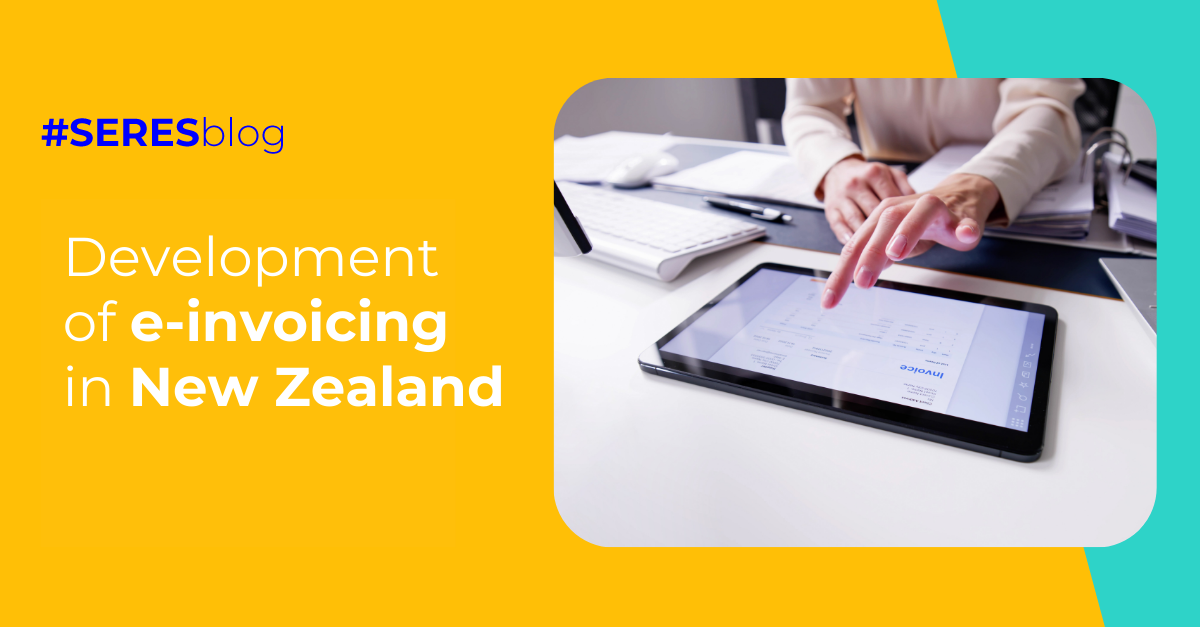Status of e-invoicing in Oceania
The incorporation of e-invoicing is a crucial part of the digital transformation of nations. Its widespread adoption has become a global phenomenon, particularly in the Oceania region in recent years.
This surge in uptake can be attributed to government regulations and legislation in some cases, while in others, companies have willingly taken on the change. Ultimately, e-invoicing has become an essential tool, providing significant benefits to any business using it.
Our forthcoming article provides an extensive examination of the current state of e-invoicing and the predicted developments in its use within countries such as Australia, Fiji, and New Zealand.
Electronic invoicing in Australia
The Australian Department of Treasury continues to focus on promoting the adoption of B2B e-invoicing using the BIS Billing 3.0 format, based on the PEPPOL standard. Moreover, it will become mandatory for B2G transactions from 2022 onwards.
The department is currently working on a set of regulations to encourage its domestic business customers to adopt e-invoicing through the PEPPOL framework. The timetable for implementing this initiative is as follows:
- Phase One. During this stage, businesses may choose to request that their major suppliers, whose turnovers exceed A£50 million, provide PEPPOL e-invoices.
- Phase two will resemble the previous phase, but will focus on medium-sized suppliers with turnovers ranging from A£10 million to A£50 million.
- Phase three will be similar to the previous phases, but will encompass all suppliers, regardless of their size.
Electronic invoicing in New Zealand
As an initial step towards mandatory implementation of business-to-government (B2G) e-invoicing, all New Zealand central government agencies must be prepared to receive electronic invoices by 31 March 2022.
It is anticipated that e-invoices will account for 90% of the total invoices submitted to the government by July 2026. However, no further details or specific implementation dates have been provided.
There are proposals underway to make electronic invoicing via PEPPOL mandatory for B2B transactions in the near future. The government is planning to carry out a consultation to ensure the most efficient implementation of this measure. However, the precise timeline and the implementation process for the invoicing system are yet to be confirmed.
Electronic invoicing in Fiji
In the latest update, the Fiji Revenue and Customs Service has implemented a gradual approach to mandate the use of electronic fiscal devices (EFDs) across various sectors and for taxpayers.
Initially, the EFD requirement was planned to cover all businesses from January 1, 2024. However, the 2023/2024 budget revealed that the EFD implementation will be temporarily suspended while the whole system undergoes a review.
Additionally, a corporate tax deduction equivalent to 300% of the expenses incurred during implementation has been offered as an incentive for companies that choose to adopt EFDs prior to December 31, 2023. It should be emphasised that this policy does not demand an exclusive reliance on electronic payments.



